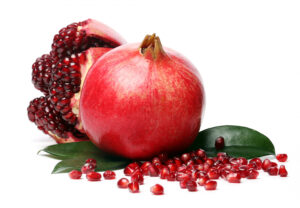Foods To Boost Your Brain And Improved Memory

In this Article:
Avocados | Fish | Blueberries | Turmeric | Broccoli | Eggs | Nuts and seeds | Leafy Greens
There’s nothing more important than your brain. It’s the most powerful organ in your body, and it controls everything from basic functions like breathing and digestion to more complex tasks like decision-making and problem-solving. So it makes sense that you’d want to protect this supercomputer from any damage or deterioration over time—especially if you want to stay sharp as you get older! Luckily, there are lots of foods that can help boost brain power while keeping your mind young. Here are some favorites:
Avocados
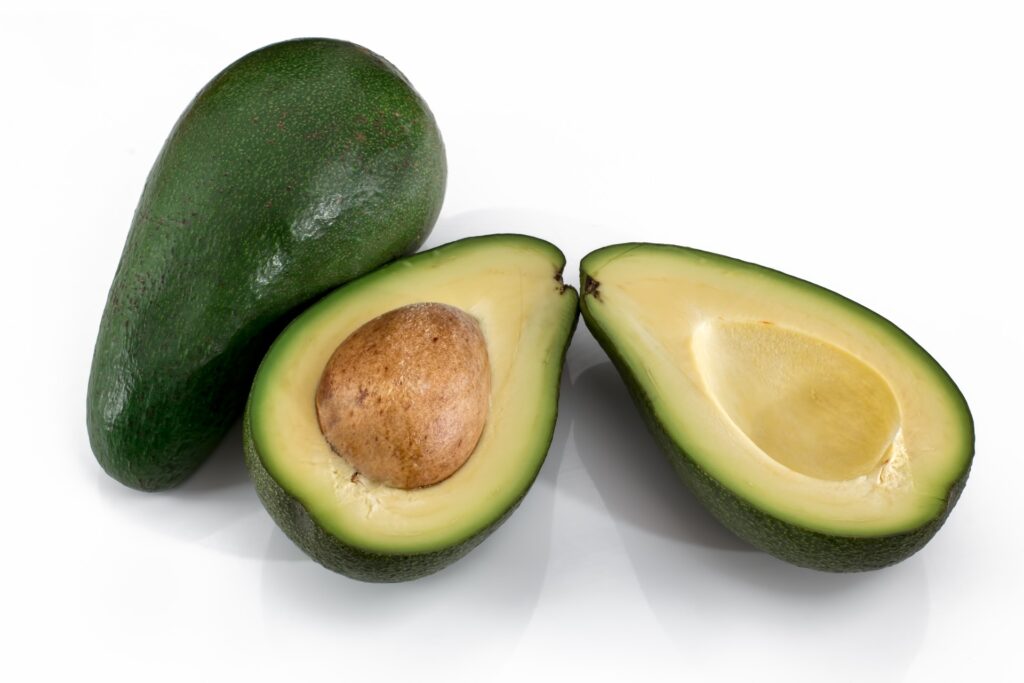
Avocados, a fruit or vegetable depending on who you ask, are one of the best brain foods out there. They’re loaded with nutrition and healthy fats that help keep your mind sharp. Avocados are high in omega-3 fatty acids and vitamin E, which can improve memory function as well as reduce the risk for Alzheimer’s disease. They also contain potassium and other nutrients that help maintain healthy blood pressure levels. Plus, they’re delicious!
Not only do avocados pack a nutritional punch but they’re also very good for you because they’re filled with fiber; monounsaturated fats (the same type found in olive oil); vitamin C; and vitamin K—and all these vitamins work together to protect against cardiovascular disease while improving brain function over time by helping build stronger capillaries to carry oxygen throughout our bodies.
Fish
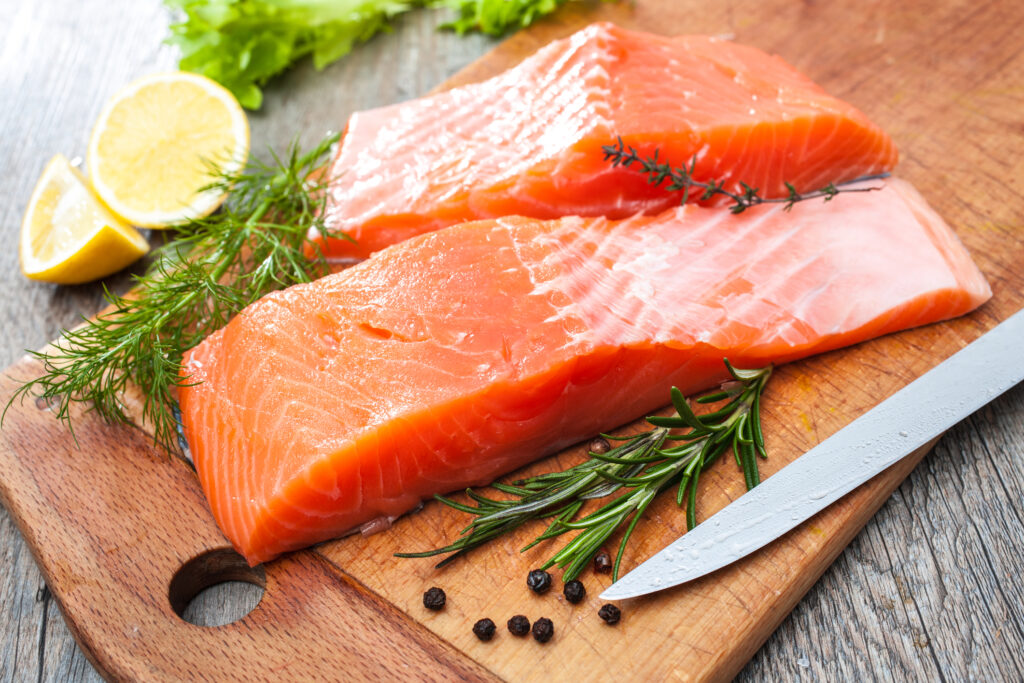
Fish is a great source of omega-3 fatty acids. These essential fats are important for brain health. In fact, studies have shown that people who eat fish at least once a week have a lower risk of developing Alzheimer’s disease and other forms of dementia later in life.
Fish also contains vitamin D, which helps keep your bones strong. Vitamin D can be hard to get from food alone; most people need to take supplements or spend time outdoors to get enough sunlight on their skin to produce enough vitamin D naturally. If you don’t want to take supplements or spend time outside (or both), then making sure that you include plenty of cold-water fishes such as salmon and sardines—or even fortified cereals like Raisin Bran—in your diet will help ensure that your body gets all the vitamin D it needs.
Blueberries
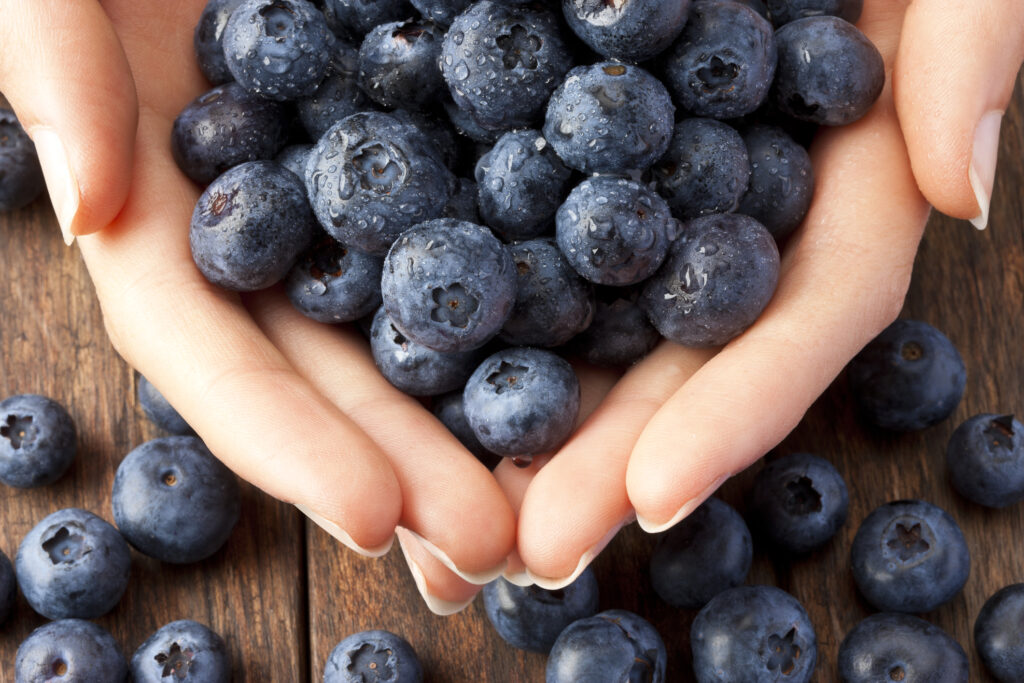
Blueberries are a great source of antioxidants. Antioxidants are important for brain health because they protect neurons, the cells that signal to each other to make memories. Blueberries also provide vitamin C, which helps your body absorb iron. Iron is needed to make red blood cells that carry oxygen around your body and help keep your brain functioning well.
Turmeric
Turmeric is a spice that is used in Indian cuisine. It can be purchased at any grocery store or farmer’s market. Turmeric contains curcumin, an antioxidant that helps to improve memory function by protecting brain cells from free radical damage and inflammation.
Turmeric also makes an excellent source of vitamin C, which has been shown to help with short term memory loss as well as decrease the risk of Alzheimer’s disease and dementia by keeping the blood vessels flexible so oxygen can flow more easily throughout your body.
The last benefit of turmeric is its ability to protect your liver from toxins such as alcohol, medications, and even sugar! If you have problems with any sort of addiction or have issues with inflammation in your body (such as arthritis), then turmeric will provide you with much needed relief without having to take any dangerous medications!
Broccoli
Broccoli is a cruciferous vegetable that offers a wide range of nutrients. A single cup of raw broccoli has more than 100% of your daily vitamin K and potassium needs, as well as nearly 90% of your daily vitamin C requirements. Broccoli is also an excellent source of vitamins A and C, folate, calcium, fiber, and antioxidants like flavonoids that help keep cells healthy while protecting them from damage caused by free radicals (which can lead to cancer).
Broccoli may help boost brain function because it contains high levels of vitamin K1—an essential nutrient involved in the production or activation of several enzymes needed for healthy brain development and function.
Eggs
Eggs are a good source of choline and lutein. Eggs contain vitamin D, which is important for brain health. Eggs also contain B vitamins such as folate and B12 and omega-3 fatty acids that can help improve memory.
Nuts and seeds
Nuts and seeds are good sources of omega-3 fatty acids. Omega-3 fatty acids may provide important protection against heart disease, and they’re especially important for brain health.
You can find omega-3s in nuts, seeds, fish, and some plant foods like flaxseeds or walnuts (but not peanuts).
Omega-6 fatty acids are another type of essential fat. You can get omega-6s from plant foods like nuts and seeds, but many people get most of their omega-6s from meat and dairy products.
Spinach, Kale and Other Leafy Greens
- Spinach, kale and other leafy greens are packed with antioxidants. Antioxidants are natural chemicals that protect your body from free radicals (unstable molecules) that can contribute to cell damage.
- Leafy greens are a good source of vitamins and minerals. The best part is they’re low in calories, which makes them ideal for people on weight loss diets or those who want to maintain their current weight without eating too much food.
- Leafy greens help keep the heart healthy by lowering blood pressure, protecting against diabetes (by helping control blood sugar levels), reducing cholesterol levels and improving gut health by removing toxins from the digestive tract. They also promote eye health through their high concentration of vitamin A which prevents cataracts and macular degeneration; they reduce risk factors associated with age-related blindness caused by diabetes as well as improve skin hydration while reducing wrinkles around the eyes due to sun exposure—all thanks to lutein! Kale also contains high levels of calcium which promotes bone strength while preventing osteoporosis later down life’s road; spinach contains vitamin C which helps form collagen needed for strong connective tissues such as tendons or ligaments—making these two vegetables amazing for those looking for ways strengthen joints after surgery.”
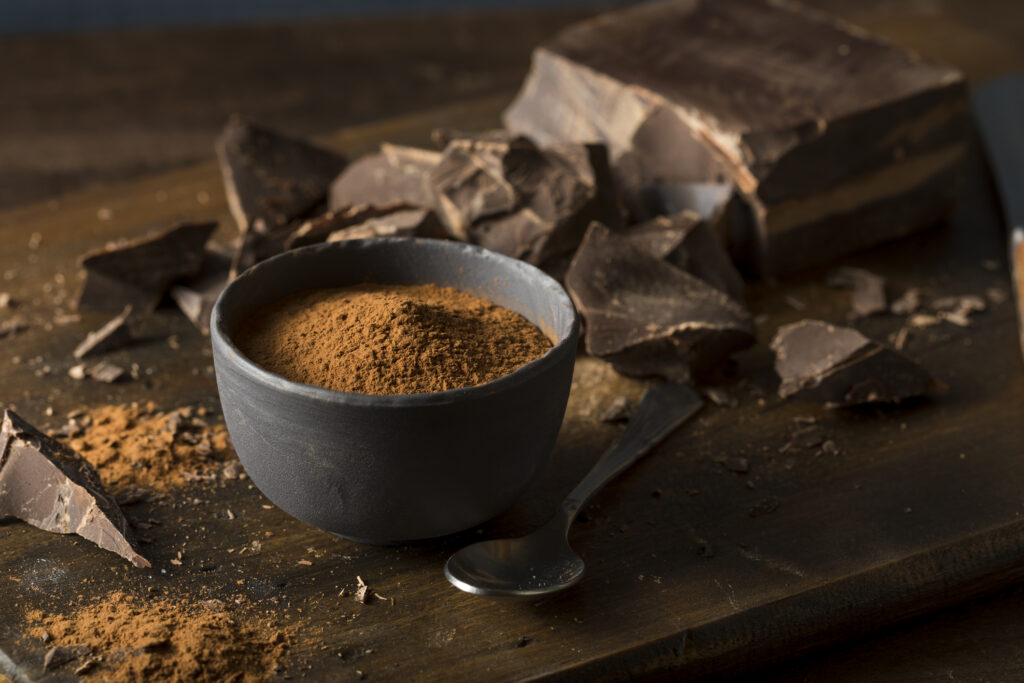
Dark Chocolate and Cocoa
Dark Chocolate and Cocoa are a good source of antioxidants and they can help reduce the risk of cognitive impairment. The flavonoids contained in cocoa are antioxidants, which help to protect your brain from free radical damage. One cup of cooked dark chocolate or cocoa provides about 30 calories, 3 grams of fiber, 9 grams of carbohydrates and 0 grams fat. A large percentage (80%) is composed of a type called flavanols that have been found to lower blood pressure as well as improve blood flow through the body’s veins and arteries. Cocoa contains magnesium which helps prevent cognitive decline by improving circulation to key areas within your brain while also boosting memory function by improving communication between neurons in your hippocampus region.
Dark chocolate also contains iron which helps prevent anemia and fatigue while also increasing oxygen supply to cells throughout our bodies including our brains!
Eating these foods will improve the health of your brain.
Now that you know how to improve your memory, it’s time to learn how to actually do it. You can start by adding more fish to your diet. Fish is an excellent source of omega-3 fatty acids, which are helpful for maintaining good brain health.
Avocados are another valuable food for improving one’s memory, because they contain vitamin E and folate (a form of folic acid). Both vitamin E and folate are involved in the formation of new brain cells; thus, when these nutrients are present in our bodies, we have a better chance at forming memories.
Blueberries are another great fruit that can help improve one’s memory. Blueberries contain natural antioxidants called anthocyanins that protect neurons in the brain from damage caused by free radicals – harmful chemicals released during normal metabolism that cause oxidative stress on our bodies’ cells (including those found in the brain). Not only that but blueberries also contain polyphenols which have been shown in some studies to slow down the progression of Alzheimer’s disease when consumed regularly over an extended period of time.
Turmeric has been used as medicine since ancient times due largely due its anti-inflammatory properties as well as its ability heal wounds faster than any other herb available today: hence why it’s commonly added into curry dishes around South Asia today! However what most people don’t realize about turmeric is its incredible ability boost mental health too – including boosting mood & relieving depression symptoms thanks mostly due its active ingredient curcuminoids but also thanks partly thanks its gingerol content too! This means if you suffer from depression then try eating some turmeric next time something goes wrong.. Not only will this help make you feel better but it’ll actually boost results – unlike many other antidepressants which may take months before delivering any noticeable effects at all!
As you can see, there are many foods that can help boost your brain and improve memory. There are also other ways to increase brain power, like exercising regularly and getting plenty of sleep. If you’re looking for more information on how to keep your brain healthy as you age, check out some of our other articles!
Content disclaimer
Content on this website is provided for information purposes only. Information about a therapy, service, product or treatment does not in any way endorse or support such therapy, service, product or treatment and is not intended to replace advice from your doctor or other registered health professional. The information and materials contained on this website are not intended to constitute a comprehensive guide concerning all aspects of the therapy, product or treatment described on the website. All users are urged to always seek advice from a registered health care professional for diagnosis and answers to their medical questions and to ascertain whether the particular therapy, service, product or treatment described on the website is suitable in their circumstances. Medimission.com shall not bear any liability for reliance by any user on the materials contained on this website.




